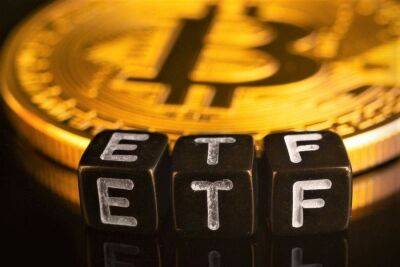Bitcoin’s recent gains have traders calling a bottom, but various metrics remain bearish
On May 30, the total crypto market capitalization gained 4% and currently is within reach of a $1.3 trillion market capitalization. The move was enough to erase the losses from the previous seven days and was driven mainly by Bitcoin's (BTC) 4.9% gain during that time frame.
Apart from Bitcoin, Cardano (ADA) was the only large-cap cryptocurrency that managed to close the week with a positive 4.5% performance. Meanwhile, Ether (ETH), BNB, Ripple (XRP) and Solana (SOL) failed to present weekly gains.
Bitcoin’s turn-around happened after the United States stock market presented gains for the first time after seven consecutive negative weeks. The longest losing streak in over a decade for the S&P 500 was followed by a 6.6% positive performance at the closing bell on May 22.
According to Yahoo! Finance, “a favorable batch of quarterly results from major retailers helped at least temporarily mitigate concerns over the toll [that ...] inflationary headwinds could take on profit margins.” For instance, Macy’s (M) gained 29.1% in the week, followed by Nordstrom (JWN) 25.4% positive performance and Ross Stores (ROST) rallied by 21.5%.
Curiously, JP Morgan sent out a research note to clients on May 25, claiming that $38,000 was the fair value for Bitcoin. The global investment bank also said that Terra's (LUNA) collapse did not harm the crypto venture capital demand.
On May 23, during the World Economic Forum (WEF) in Davos, Switzerland, PayPal vice president Richard Nash stated the company’s intention to embrace all possible crypto and blockchain services. After rolling out its Bitcoin trading across the United States in 2020, PayPal continues to expand its digital currency-related offering.
Below are the winners and losers from the
Read more on cointelegraph.com



















![‘Undervalued’ Bitcoin [BTC] gets new profit-seekers in the form of… - ambcrypto.com - Canada - Australia - city Santimentit](https://gocryptonft.com/storage/thumbs_400/img/2022/6/8/46482_hxlav.jpg)

